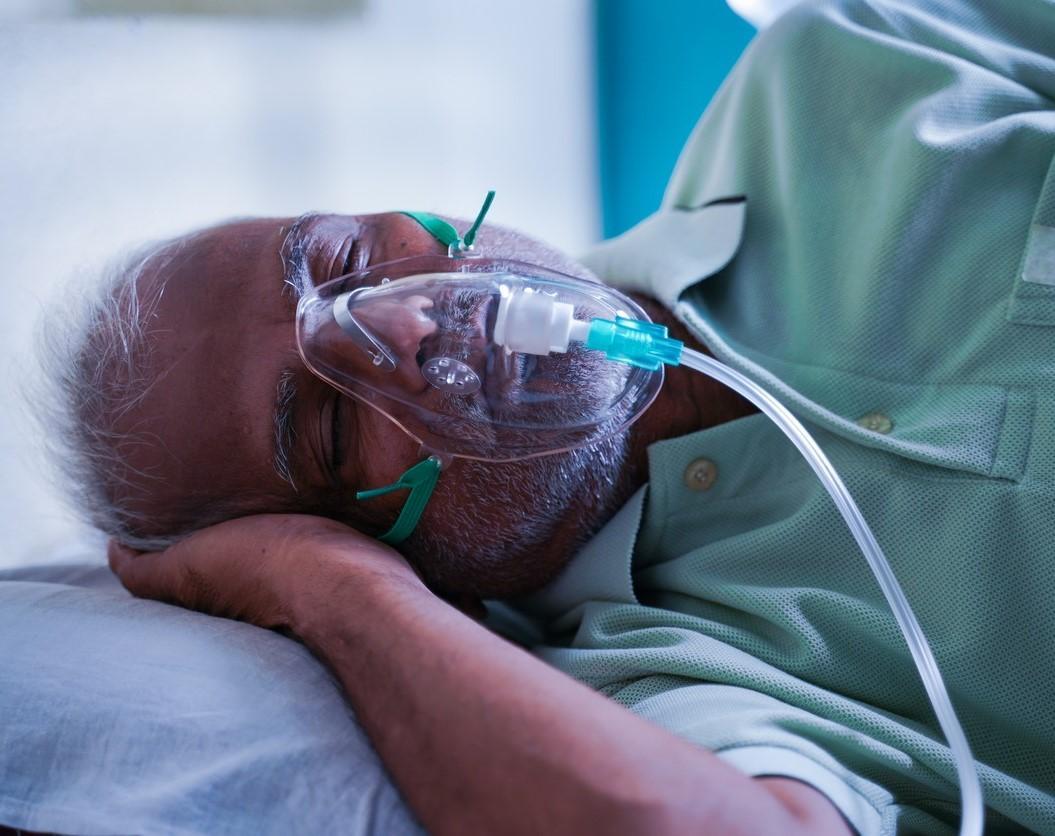CARB-X today announced an award of $1 million to Prompt Diagnostics LLC to develop a portable, rapid diagnostic test for antibiotic-resistant gonorrhea.
The money will help the company further develop its portable, cartridge-based polymerase chain reaction (PCR) platform, which can detect multiple pathogenic bacteria targets and identify mutations that confer antibiotic resistance. CARB-X (Combating Antibiotic Resistant Bacteria Biopharmaceutical Accelerator) wants Prompt to focus on demonstrating the feasibility of rapidly detecting Neisseria gonorrhoeae and reliably characterizing resistance to ceftriaxone, which could enable more effective treatment management and promote antimicrobial stewardship.
Ceftriaxone is the recommended first-line treatment, and last remaining effective antibiotic, for gonorrhea, but resistance is growing. An estimated 82 million gonorrhea infections were reported globally in 2020.
A growing public health risk
"Prompt's technology has the potential to efficiently detect the presence of ceftriaxone-resistant gonorrhea, which poses a growing and significant global public health risk," Erin Duffy, PhD, R&D Chief of CARB-X, said in a press release. "Rapid, sophisticated diagnostics are essential to addressing drug-resistant bacterial infections globally, as they detect infections as early as possible while also directing healthcare providers to the most appropriate treatment."
The low-cost test could be particularly useful in low- and middle-income countries, where rates of gonorrhea, and the burden of resistance, is higher and access to secondary healthcare facilities is limited.
Duffy added that CARB-X is partnering with Prompt to "better understand the capabilities of their PCR platform and how it could support decentralized rapid ID and susceptibility testing for all of the major classes of antibiotics."
.jpg)












